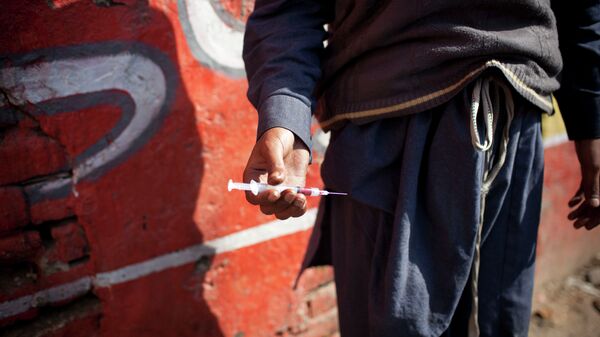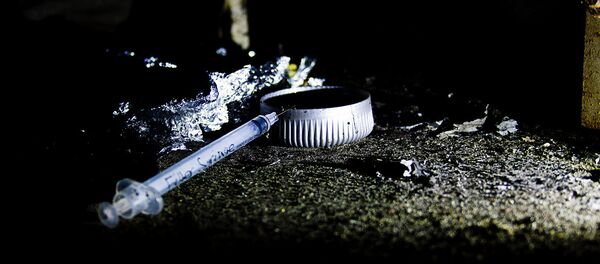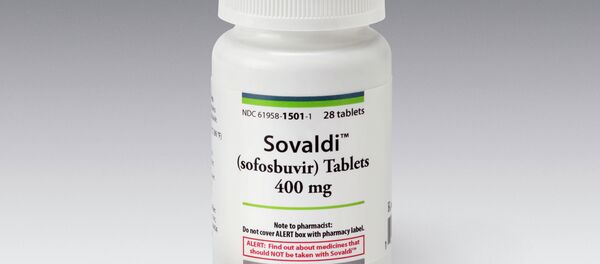According to recent a study by the Centers for Disease Control and Prevention, hepatitis C cases across Kentucky, Tennessee, West Virginia and Virginia more than tripled between 2006 and 2012.
Kentucky leads the nation in the rate of acute hepatitis C, with 4.1 cases for every 100,000 residents, more than six times the national average, according to the CDC.
Hepatitis C often leads to cancer or cirrhosis, and the disease is the leading cause of liver transplants.
Dr. Jennifer Havens, an epidemiologist at the University of Kentucky, has tracked 503 drug users since 2008. Of those users, 70% now have hepatitis C.
"There's a sense of inevitability about it," Havens told the Associated Press. "Some say, 'I'm surprised it took me this long.'"
Scott County, Indiana, is experiencing one of the worst American HIV outbreaks among intravenous drug users in decades. There, 160 people have tested positive for HIV in five months, the AP reported. New York City, with a population of more than eight million — more than 300 times the population of Scott County — saw just 49 drug users test positive in 2013.
Havens fears that dirty needles could bring a similar HIV outbreak from Scott County 200 miles south to Kentucky, where needles are bought and sold on the street for $5.
In Appalachia, local governments are scrambling for ways to stop the spread of hepatitis C. However, the one solution that would be the most effective also is the most out of reach.
In October, the US Food and Drug Administration (FDA) announced the approval of a $1,125 hepatitis C drug called Harvoni, a daily pill that can cure the most common form of the virus.
But, at a cost of at least $1,000 per pill – $84,000 total over 12 weeks of treatment – the medication is unattainable for most of those those diagnosed with hepatitis C in Appalachia, one of the poorest regions in the country.
For now, states are looking closest at other options. In March, Kentucky became the first of the four Appalachian states battling hepatitis to pass a law permitting local health departments to create needle exchange programs.
However, the counties are torn on whether or not to set up such programs. Sue Yates, who oversees drug court programs in 20 counties in Kentucky, told the AP she supports needle exchange.
"We have to change the way we think, we have to open our minds and think of other options and, yes, that includes needle exchanges," she said. "It's better than doing nothing, which is what we're doing now."
Ben Barlow is a recovering addict in who is also positive for hepatitis C. He said a needle exchange program is “like giving a gun to someone suicidal."





